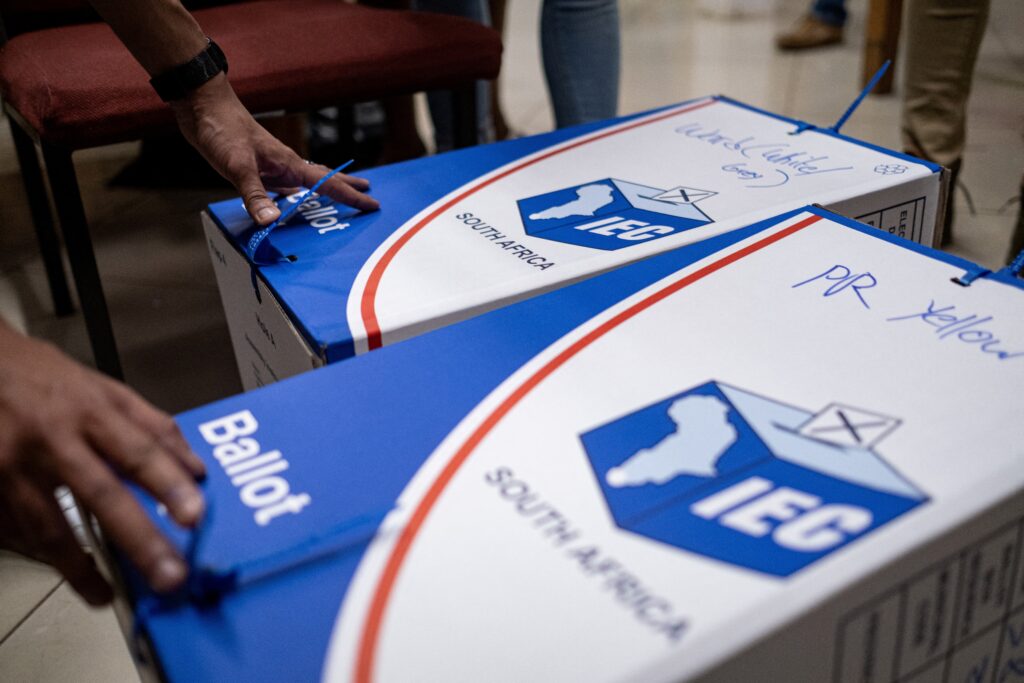The Electoral Commission of South Africa (IEC) is set to finalize preparations for next year’s elections following the resolution of the legal dispute over the Electoral Amendment Act. The Constitutional Court (ConCourt) delivered its ruling on Monday, deeming a provision of the law regarding the threshold of voters’ signatures unconstitutional in favor of Build One South Africa (Bosa).
The apex court also affirmed the lawfulness of allowing independent candidates to contest only 200 of the 400 seats in the National Assembly based on general proportionality. The Independent Candidates Association of South Africa’s (ICA) application was dismissed, although no cost order was issued.
President Cyril Ramaphosa signed the Electoral Amendment Act into law in April, paving the way for independent candidates to participate in the 2024 provincial and national elections.
In response to the ConCourt’s judgment, the IEC released a statement on Monday expressing its satisfaction with the ruling. The commission emphasized that the judgment validated its stance on the rational distribution of seats and compliance with general proportionality requirements.
The IEC announced immediate plans to implement regulations reflecting the ConCourt’s judgment, ensuring practical changes to the electoral system ahead of the 2024 elections. The commission will also finalize adjustments to the signature requirements portal, allowing prospective independent candidates and unrepresented parties to begin collecting and capturing signatures. The launch of the signature portal and final regulations is expected soon.
The three-way judgment on the challenges brought by the One South Africa Movement was noted by the IEC as indicative of the constitutional complexity related to the design of an electoral system. The commission highlighted that matters related to the recalculation of formulae would be addressed by the soon-to-be-established electoral reform consultation panel.
Mmusi Maimane, leader of Bosa, hailed the ConCourt ruling as an “important victory,” particularly the reduction of required signatures from 15% to 1,000 for both political parties and independent candidates.
The GOOD Party called on President Ramaphosa to announce the election date, citing the court’s affirmation of the rationality and constitutionality of the Electoral Amendment Act. The Transformation Alliance (TTA) also welcomed the ConCourt judgment, emphasizing that the 15% signature requirement was unconstitutional.
With the current government’s term set to expire around May, the IEC warned that the litigation could jeopardize the quality of the upcoming elections. According to constitutional requirements, elections must be held within 90 days of the government’s term expiration. The IEC suggested that elections could occur between May and August 2024 if the president proclaims by early February. The establishment of a panel for greater electoral reform is anticipated after the 2024 elections.
